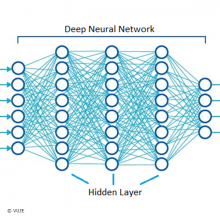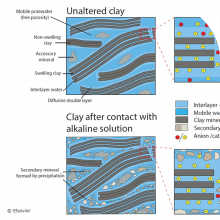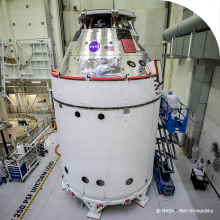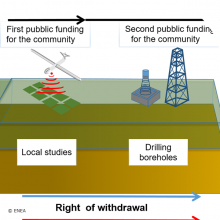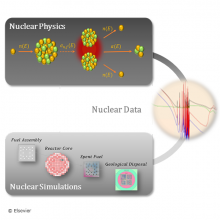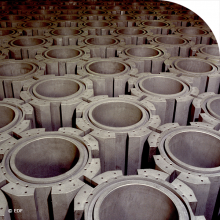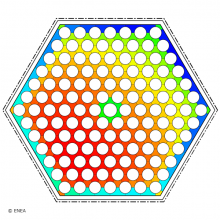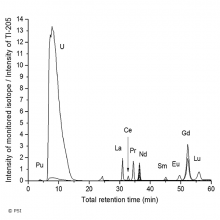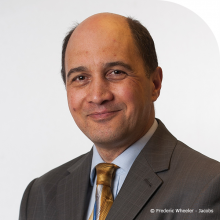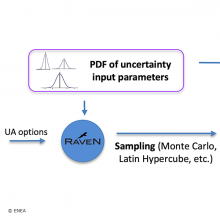News from ETSON and its members*
Artificial intelligence methods are widely used in various areas of life. Even in the power engineering it is possible to solve many tasks using artificial intelligence and machine learning methods.
What happens to the diffusive properties and the porosity when cement and clay come in contact? At PSI, scientists are studying cement and clay as sealing materials in underground repositories for radioactive waste.
When a spacecraft embarks on a 30-year mission to the outer galaxy, how can we assess whether it is capable of surviving the harsh conditions it will encounter?
One possible answer is by tapping into the accumulated materials science knowledge of the nuclear industry
Public consultation on the procedure for the location, construction and operation of the National Radioactive Waste Repository and Technological Park in Italy
Calculational evolution helps in bringing together different aspects of nuclear physics, namely “nuclear reaction theory” and “reactor physics”.
Graphite bricks are used in the core of all of the UK's Advanced Gas-Cooled Reactors (AGRs). Jacobs is deeply engaged in the programme of work to increase understanding of the cores’ tolerance to damage as they age.
In light of the licensing of the ALFRED demonstrator by the Romanian regulator CNCAN, ENEA, as member of the FALCON Consortium, is prepapring the relevant software tools for their qualification. A rigourous approach, based on the guidelines and best practices in place in the European context, has been followed and applied to the validation case of the subchannel code ANTEO+, used in the thermal-hydraulics analyses of the fuel assemblies
Combining IC’s capabilities for speciation analysis and the new ICP-OES for swift and reliable wastewater analysis, the PSI hotlab now offers a comprehensive set-up for routine wastewater examinations providing future autonomy from external contractors for wastewater management.
Frederic Wheeler was appointed as Head of the Regulatory Support Directorate within Jacobs in April 2020.
In the framework of the IAEA CRP (I31033) an uncertainty quantification exercise is currently under development based on test-6 of the QUENCH experimental facility and ENEA is participating. The current status of the ENEA activity is here summarized.
Pagination
Stay informed - subscribe to our newsletter.
Copyright · All rights reserved








